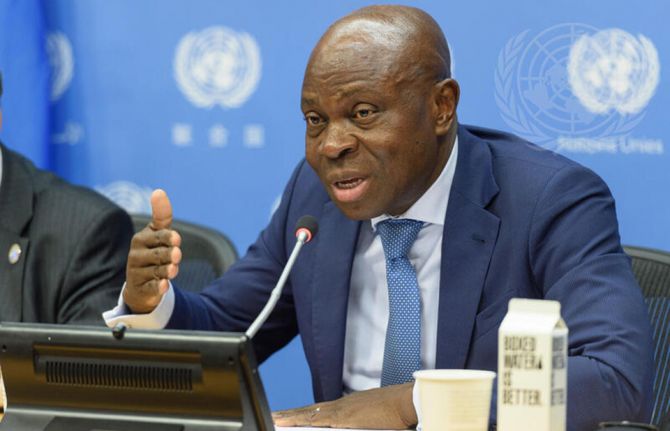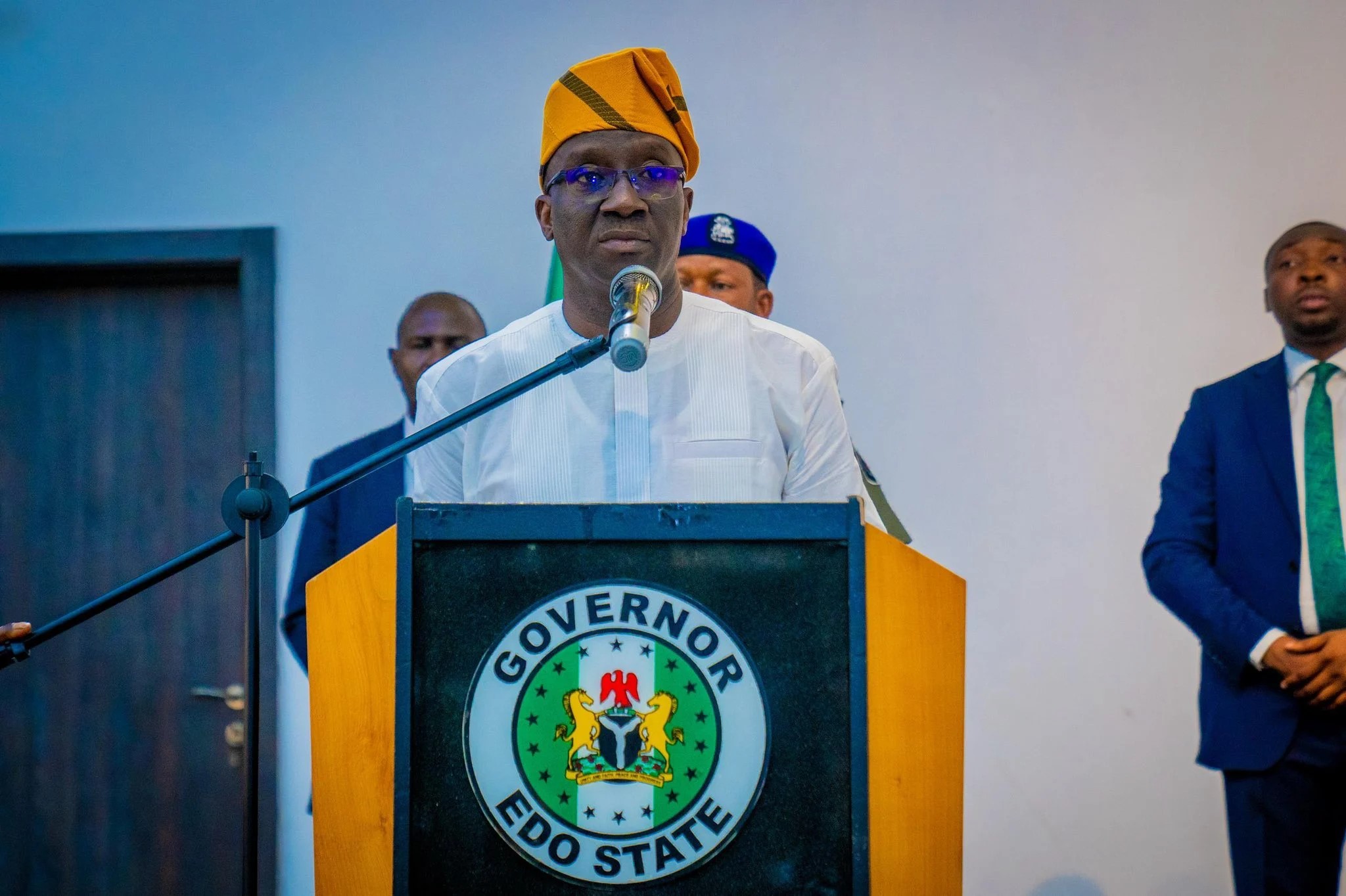
The International Labour Organization (ILO) has projected that global employment will grow by only 1.5 per cent in 2025, amounting to 53 million new jobs—a decline from the previously estimated 60 million.
In a written statement presented at the World Bank Group and International Monetary Fund (IMF) Annual Meetings in Washington D.C., the ILO Director-General, Gilbert F. Houngbo, said the slowdown highlights the urgent need to strengthen labour institutions and promote decent work and social justice worldwide.
“These trends underscore ongoing challenges in translating economic growth into formal economy and decent employment opportunities,” Houngbo noted. He added that informal employment continues to outpace formal work, with 58 per cent of the global workforce still engaged in the informal economy as of 2024.
Houngbo emphasised that policies promoting decent work, such as minimum wage systems, collective bargaining, and social protection, remain essential for sustainable and inclusive development. While acknowledging that inequality between countries has declined since the early 2000s and that more than half the world’s population now enjoys some form of social protection, he cautioned that persistent structural challenges continue to threaten these gains.
“As uncertainty in the global economy persists, with shifting geopolitical tensions and trade disruptions, the importance of building institutions that foster decent work for all could hardly be more critical,” Houngbo said.
The ILO chief revealed that although global output per worker rose by 17.9 per cent between 2014 and 2024, the labour income share declined from 53.0 per cent to 52.4 per cent. “Had the labour income share remained at its 2014 level, global labour income would have been US$1 trillion higher in 2024, and each worker would have earned an additional US$290on average,” he explained.
He reiterated the importance of minimum wage mechanisms and collective bargaining in addressing low pay and wage inequality.
On the future of work, Houngbo observed that nearly one in four workers could see their roles significantly transformed by generative artificial intelligence (AI), with women disproportionately affected. “Whether AI adoption ultimately leads to job losses or complements existing work depends on how technology is integrated, management decisions, and, crucially, the role of social dialogue between employers and workers,” he said.
In conclusion, Houngbo called for coordinated policy action under a renewed social contract founded on democratic governance, inclusive dialogue, and people-centred policies, to sustain progress and ensure decent work for all.












